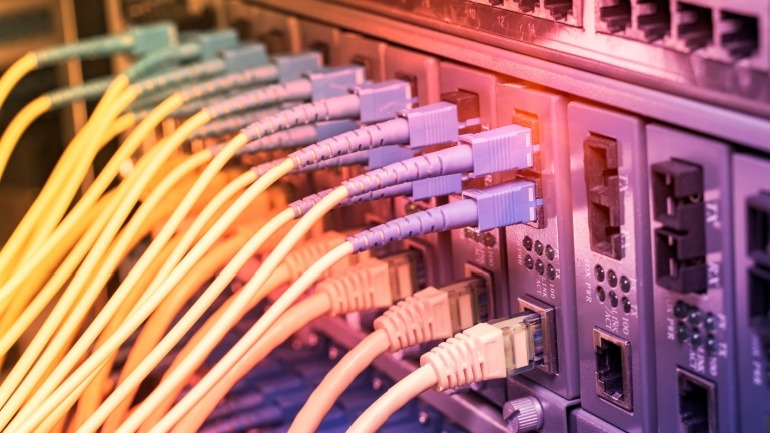Sparkle, Italy’s top telecom provider, has launched the pre-order for its Quantum Safe over Internet (QSI) service, a quantum-secure solution within its new Network as a Service (NaaS) suite. QSI offers robust encryption to safeguard global networks, supporting businesses with secure, future-proof connections against emerging cyber threats.
CityFibre, the UK’s largest alternative network, has committed £150,000 to STEM Learning, bolstering STEM education through innovative initiatives targeting 80 schools in the Project Gigabit footprint. This funding aims to support computer science lessons and inspire students, especially girls, to engage in STEM careers.
DigitalBridge’s acquisition of JTower marks a pivotal move, furthering infrastructure growth essential for next-gen networks. By obtaining a 75% stake, DigitalBridge showcases confidence in JTower’s capacity to meet evolving communications needs.
NTT Docomo’s 6G Harmonized Intelligence Project envisions an AI-driven network revolutionizing telecommunications beyond 5G. By focusing on sustainability, efficiency, and enhanced user experience, this initiative aims to unlock new paradigms for AI and robots, ensuring seamless communication.
Viavi Solutions has launched the Viavi Automated Lab-as-a-Service (VALOR) in Arizona, enhancing the landscape of Open Radio Access Network (Open RAN) testing services. With support from the NTIA’s Public Wireless Supply Chain Innovation Fund, VALOR focuses on interoperability, performance, and security.
Starlink’s temporary FCC approval for direct-to-device services highlights the vital role of VoIP technology during emergencies. By partnering with T-Mobile, Starlink enables emergency alerts via satellite in hurricane-stricken North Carolina, offering free internet for 30 days.
Microsoft’s €4.3 billion investment in Italy is set to revolutionize cloud and AI infrastructure. This ambitious initiative aims to elevate Italy’s digital landscape, offering VoIP solutions that enhance connectivity and communication. By focusing on digital skills, Microsoft intends to transform Italy into a leading hub for digital innovation in the Mediterranean region.
Ooredoo Group’s new QAR 2 billion financing deal highlights their innovative approach in the growing MENA market for data centers and AI. This partnership involving QNB, Doha Bank, and Masraf Al Rayan emphasizes Ooredoo’s commitment to developing cutting-edge infrastructure and advancing digital transformation.
Deutsche Telekom has joined the German Federal Association for Fiber Optic Connections (BUGLAS), marking a significant step in fiber infrastructure promotion. This move aims to enhance nationwide fiber expansion through partnerships. However, it has sparked mixed reactions, with critics concerned it might hinder Germany’s overall fiber rollout and benefit Deutsche Telekom’s market dominance.
Regulatory compliance is crucial for VoIP carriers to ensure the delivery of reliable communication services. Non-compliance can result in severe penalties, loss of licenses, and reputational damage. This article provides an overview of key regulations, such as data protection and emergency services, that carriers must navigate to operate legally and protect consumers.













